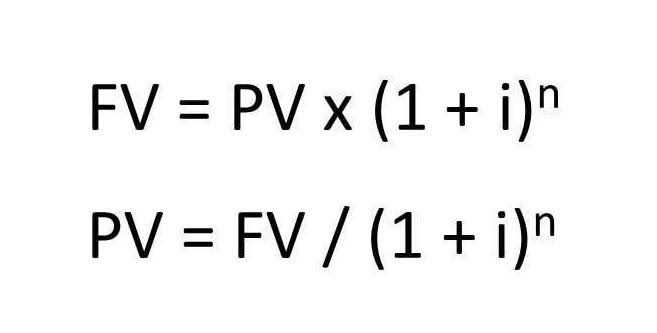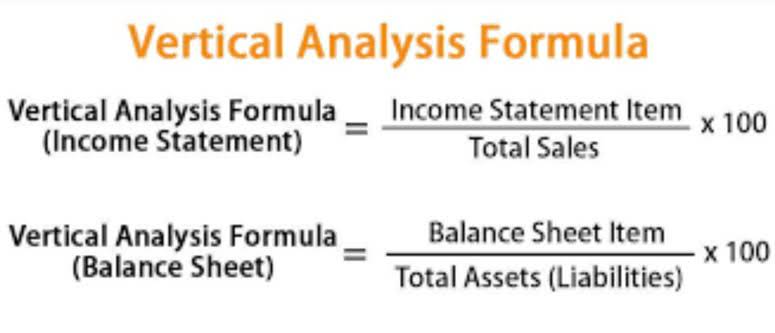
Accrual accounting is not simple and requires thorough record keeping, with close attention to detail. Depending on the size and complexity of your company, you may need to hire a professional accountant. If your company needs to purchase raw lumber for $3,000 to build more furniture, you would record the $3,000 as an expense immediately, even if you aren’t able to pay until next week or next month. SAP Concur solutions automate and manage travel and expense (T&E) and invoices.

What Are the Categories Included in Accrual Accounting?
The primary advantage of adopting accrual accounting is that it offers a fuller, more consistent representation of your business’s activity. Accrual accounting supports financial planning and provides a more accurate view of your company’s financial performance, making it easier to budget, forecast, and make strategic decisions. For companies with clients who pay on various schedules or with recurring monthly expenses, accrual accounting makes it easier to measure profitability and manage cash flow. This method ensures accurate financial representation and reliable financial reporting for stakeholders, which is essential for transparency and compliance. This transparency is especially critical for small business owners who want to plan, grow, or secure external financing.

What is accrual accounting?
When your business enters a transaction to procure goods or a service, it owes money to the supplier and therefore incurs an expense. Accruals can be categorized in various ways, but one common approach is to group them based on their impact on financial statements. Wage or salary accruals occur when a company pays employees prior to the end of the month for a full month of work. Though the cash-basis accounting technique has advantages, there are notable setbacks. Choosing the right accounting method requires understanding their core differences.
Examples Showing Different Financial Statements
Any income or expense a business has for which payment has yet to be received or paid is an accrual. To offset its complexity, organizations should leverage accounting software that transforms and automates accounting processes. HighRadius Record to Report (R2R) solutions offer end-to-end capabilities to streamline and automate various accounting processes and workflows. To understand accrued revenue let us take an example of a consulting firm, SBS Ltd, that provided consulting services to a client for a service fee of $10000 in January 2024. Therefore, the accrued revenue for the firm in this case is $10000 and it will be recorded as given below. Accrued expenses help companies plan and lead to consistent financial reports by including recurring transactions.
It requires that a company use the same accounting methods and procedures from one period to the next. Both accrued and accrual are important concepts for accurate financial reporting. Accrued items ensure individual obligations and rights are recorded, while accrual accounting ensures all transactions are aligned with their respective periods. Investors prefer accrual accounting because it provides a more accurate and complete view of a company’s financial health. This method shows expected income, outstanding obligations, and true profitability by matching revenues with related expenses.
- Milestone provides strategic financial guidance and support so your business can enjoy lasting financial …
- The December electricity should be recorded as of December 31 with an accrual adjusting entry that debits Electricity Expense and credits a liability account such as Accrued Expenses Payable.
- While it requires more detailed record-keeping than cash accounting, modern accounting software makes implementation manageable.
- Though the cash-basis accounting technique has advantages, there are notable setbacks.
Accruals include accounts payable or receivable, goodwill, tax liabilities, and future interest expenses. You can track long-term projects, keep an eye on unpaid invoices, and make better decisions about where your cash is going. This way, you’re not just guessing—you know exactly how much you’ve earned and how much you owe, even if the cash hasn’t moved yet. Still, it’s important to review the IRS guidelines on how to report an advance payment for services using the accrual accounting method. Unlike cash accounting, the accrual basis shows the real financial performance of a company by reflecting economic activity as it happens. Neglecting to record accrued expenses can overstate profits and understate liabilities.
- It provides a more accurate picture of a company’s financial performance and helps to ensure that its financial statements are as accurate and complete as possible.
- The accrual basis is an accounting method that records revenue when it is earned and expenses when they are incurred, regardless of when payment is received or made.
- For example, if you complete a consulting project in March but the client pays in April, you record accrued revenue in March when you earned it.
- Accrual accounting is widely used in businesses as it provides a more accurate financial picture of a company’s operations.
- This method is simpler and easier to use, making it popular among small businesses and individuals.
- Without these adjustments, financial statements would reflect misleading results, as transactions would be recorded only when cash changes hands rather than when economic events occur.
What Is the Amortized Cost Method for Financial Assets?
Companies with inventory must use accrued meaning in accounting accrual methods to properly match cost of goods sold with sales revenue. Accrual basis accounting conforms to the generally accepted accounting principles (GAAP) and international financial reporting standards (IFRS) frameworks. Accrual accounting is required by these two major accounting frameworks, because it results in the most accurate representation of the financial results and financial position of a business. It is also required if the owners of a business want its financial statements to be audited.
- Accrual is a fundamental concept in accounting that refers to the process of recording revenues and expenses as they are earned or incurred, rather than when cash is received or paid.
- This comparison highlights that accruals deal with timing differences where recognition occurs before cash flow, while prepayments handle situations where cash flow occurs before recognition.
- In financial institutions, interest accruals are calculated daily on loans and deposits, ensuring that income and expenses reflect true daily economic activity.
- The revenue account is not affected by this second entry because the revenue was already recognized in the prior period.
- Correctly identifying and accounting for accrued expenses is crucial for compliance under US GAAP, so it is important for accountants to know how and when to apply the accrual basis of accounting.
- The corresponding credit is made to the specific receivable account created in the initial adjusting entry.
Accrual Basis of Accounting
The accrual method records revenue and expenses when they are earned or incurred, regardless of when the cash is received or paid. This means that the financial statements are more accurate, as they reflect the true financial position of the company. In contrast, the cash basis method records revenue and expenses when the cash is received or paid, which can result in misleading financial statements. Accrued expenses, also known as accrued liabilities, are those https://www.bookstime.com/ expenses that a company recognizes on its books when they occur but before they have actually been paid. Accrual accounting requires more journal entries than simple cash basis accounting but provides a more comprehensive and accurate financial picture.

Accrual definition

For instance, a company delivering goods to a customer in December but invoicing in January would record the revenue in December. Cash accounting is not recognized by GAAP and is mainly preferred by smaller organizations with fewer transactions Debt to Asset Ratio and who generally do not offer payment terms such as credit options. For external reporting, accrued expenses are crucial for closing month, quarter, or year-end processes. Companies typically book accrued expenses during the close period, not throughout the month. In accounting and finance, many learners get confused between incurred vs. accrued.

0 Comments